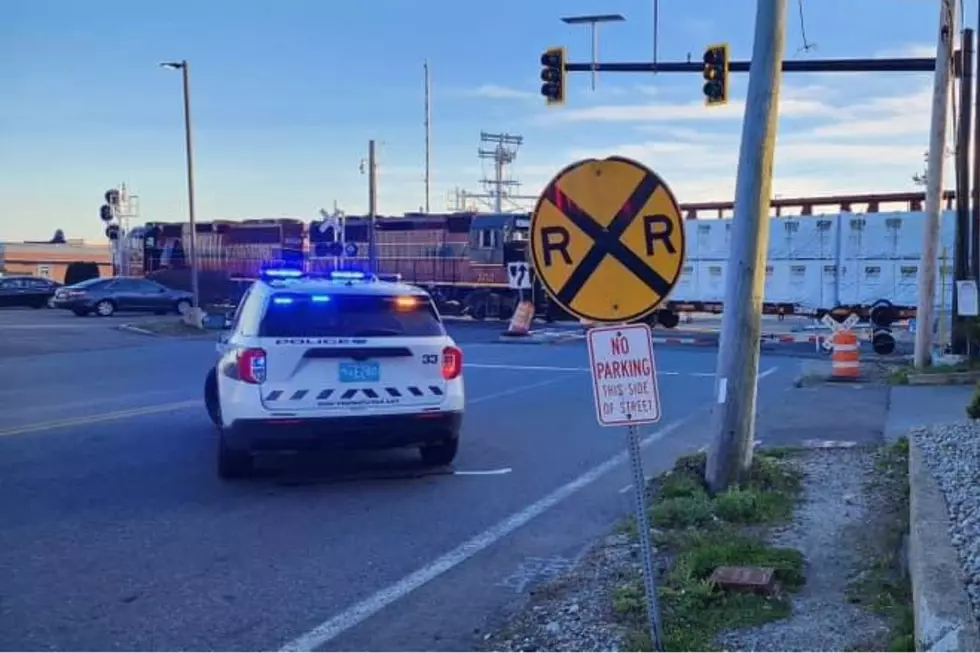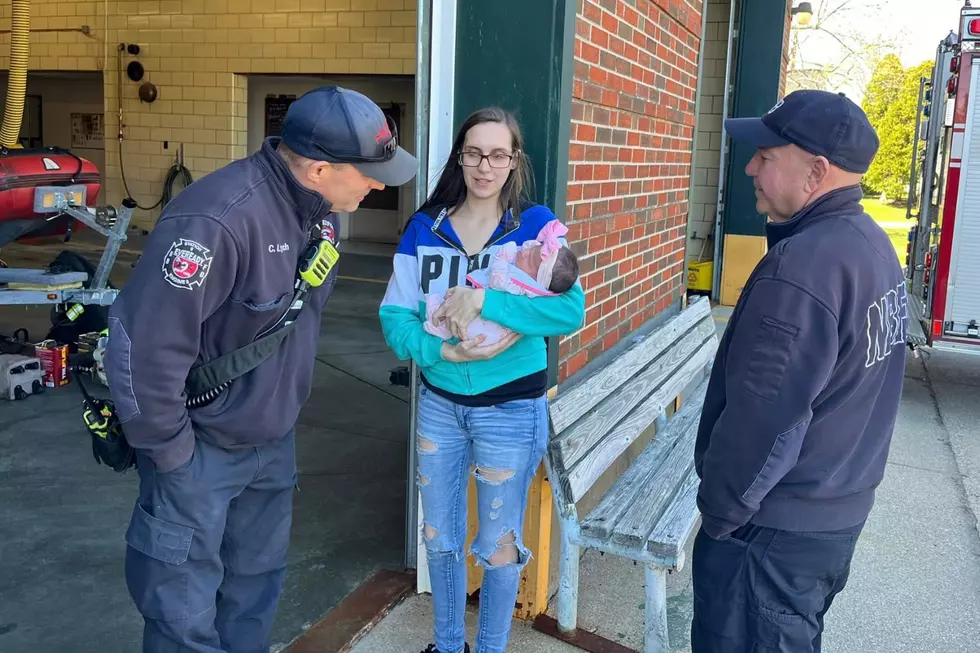![New Bedford Needs Creative Solutions to Fund Fire Dept. [SOUTHCOAST VOICES]](https://townsquare.media/site/518/files/2020/08/engine-8-new-bedford.jpeg?w=980&q=75)
New Bedford Needs Creative Solutions to Fund Fire Dept. [SOUTHCOAST VOICES]
THIS GUEST OPINION PIECE BY:
Lisa White lives in New Bedford with her husband and daughter. Originally from the west coast, and brought east by her husband's military career, Lisa knew she'd found where she was meant to be when she first saw New Bedford.
Just over one year ago, I wrote an article on steps I believed the city could take to reach a fully-funded fire department. At the time, we were in the midst of our rolling blackouts, and two fatalities had the residents of New Bedford demanding that the city’s administration take action.
The changes we saw, unfortunately, were not at all what the people of New Bedford were expecting. In order to end the blackouts, the decision was made to permanently close Fire Station 11 in the city’s South End – a move that many consider to have left our peninsula, an area of dense population, with less-than-adequate fire protection.
Harsh winter conditions straining outdated electrical systems in family residences, combined with a department feeling the squeeze of a tightened budget, have meant that tensions are again on the rise. Though it’s only been a few short weeks since we rang in the new year, the city’s fire department has already battled 12 working fires in 2021. Seven of those fires were responded to by Engine 8, a North End city apparatus that is slated to be permanently decommissioned in the very near future.
Undoubtedly, the city’s administration does not want to see its residents put in harm’s way, nor its first responder’s positions made even more harrowing due to limited resources or poorly staffed companies. So as a follow-up piece to the article from last year, I hope to get the discussion started on creative ways the city’s fire department can reach a level of funding that would make the residents and first responders feel more secure.
Each year, many of our local resources are funded by grants. Grant funding helps to form a financial bridge between the needs of the people and the ability of our local governments. From homelessness prevention, food security, housing stabilization and healthcare, to community development, arts and culture, and many facets of education, grants keep many industries moving after traditional revenue sources have been exhausted.
Our fire department has received grant funding in the past, most notably the SAFER grants, which directly helped with personnel expenses. Those funding possibilities may be limited, however, as many times grant recipients are required to obtain a federal tax exemption status prior to being considered eligible. Some public fire and EMS departments across the nation have found alternative funding solutions by establishing themselves as a tax-exempt 501(c)(3) non-profit organization. With this federal designation, they can be considered for a much wider range of opportunities, such as community block grants and low-income stabilization grants, as well as grant funding from private foundations and corporate-giving initiatives.
Another option would be to take a more critical look at where our funding is coming from currently. Many establishments and organizations within the city don't pay enough taxes to cover the cost of the resources they consume. A prime example would be commercial fishing vessels. The city of New Bedford has the largest and most profitable fishing port in the United States; however, almost none of our commercial vessels pay into our municipality’s general fund. This is due to a loophole in our state’s legislation that exempts assets from excise taxation if they are owned by corporations. Though lobbying to attempt to close this loophole would likely take longer than most are willing to wait for a resolution, there may be other options to rectify this gap in revenue.
As we saw this week, boats are not spared from the effects of fire, and our department responds just as swiftly and efficiently, whether responding to a fire on the shore, or a blaze on the water. Being that our resources are being expended to protect the assets of the port, it should go without saying that those that own these assets should be paying a fair share to fund these critical life-safety resources.
Though state regulations prohibit us from collecting excise taxes on these vessels, there may be other ways they could pitch in. The city and Port Authority could implement a waterways permit or a mooring permit, for a small fee, that could be earmarked for assisting with the cost of keeping these assets secure. A small waterways permit fee of only $25 per month for each vessel in our port could easily generate $200,000 or more annually.
With limited housing options and a larger-than-average population of low to moderate-income individuals, each structure fire carries an increased risk of resulting in more families within our community becoming homeless. We owe it to these families to have this discussion, to insist upon resolution, and to hold city leaders accountable for the decisions that are being made. Because life safety is not a department we should be taking a gamble on.
Editor's Note: 'SouthCoast Voices' is a series of guest opinions from newsmakers and other people across the region, on relevant issues that directly impact the people of Greater New Bedford and the surrounding communities. The opinions are solely those of the author. If you are interested in contributing, please contact tim@wbsm.com for more information.

More From WBSM-AM/AM 1420









